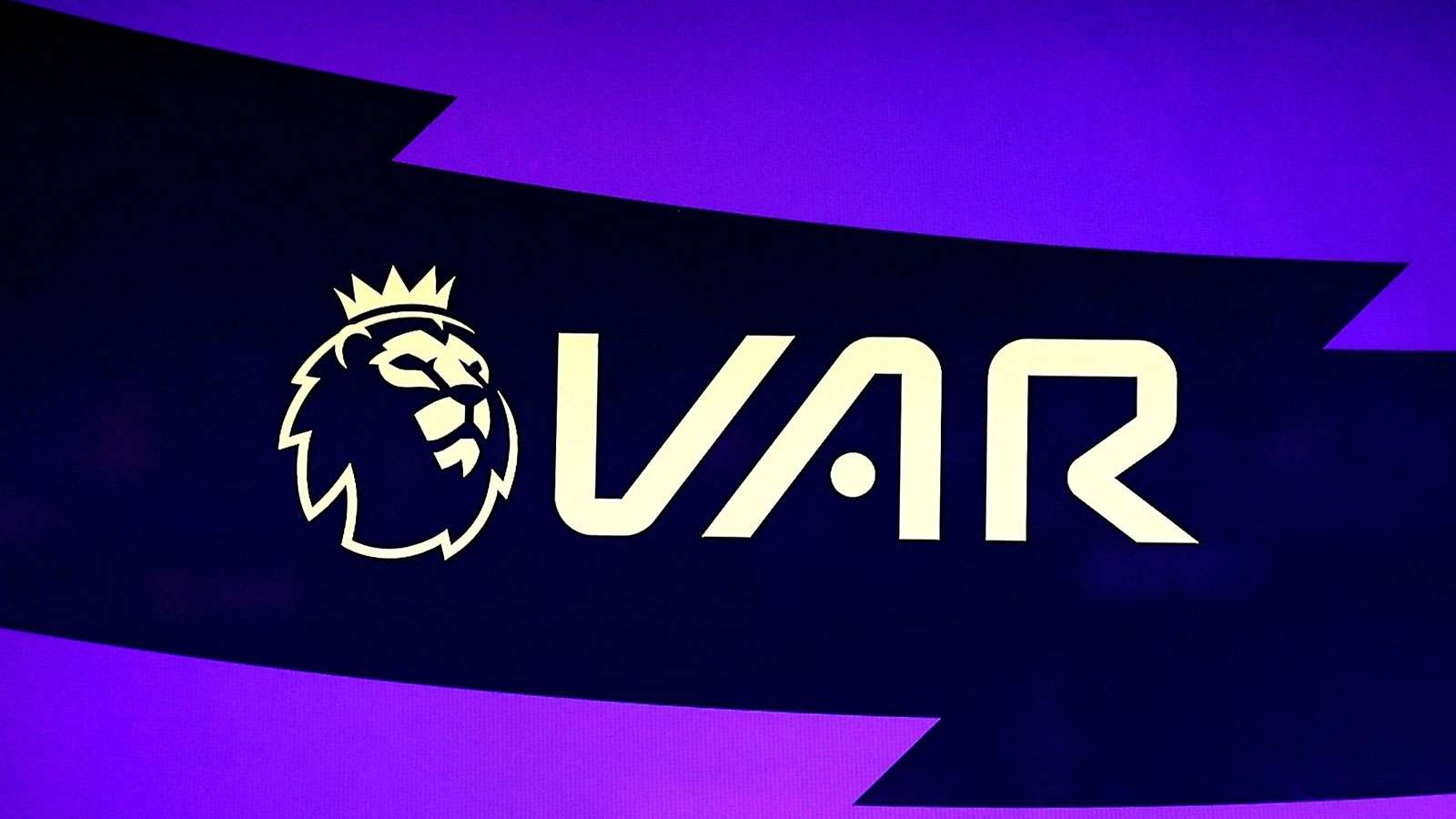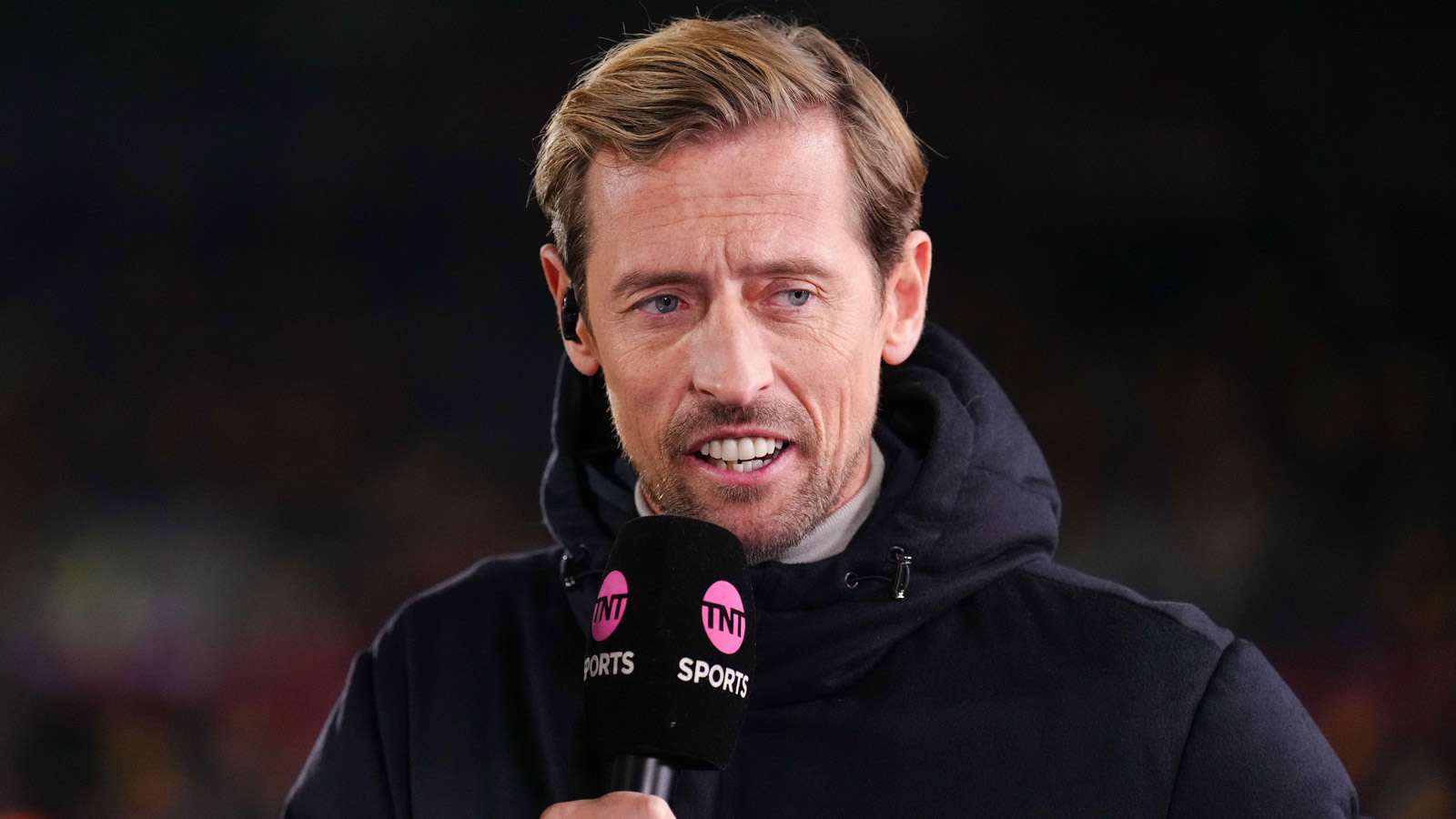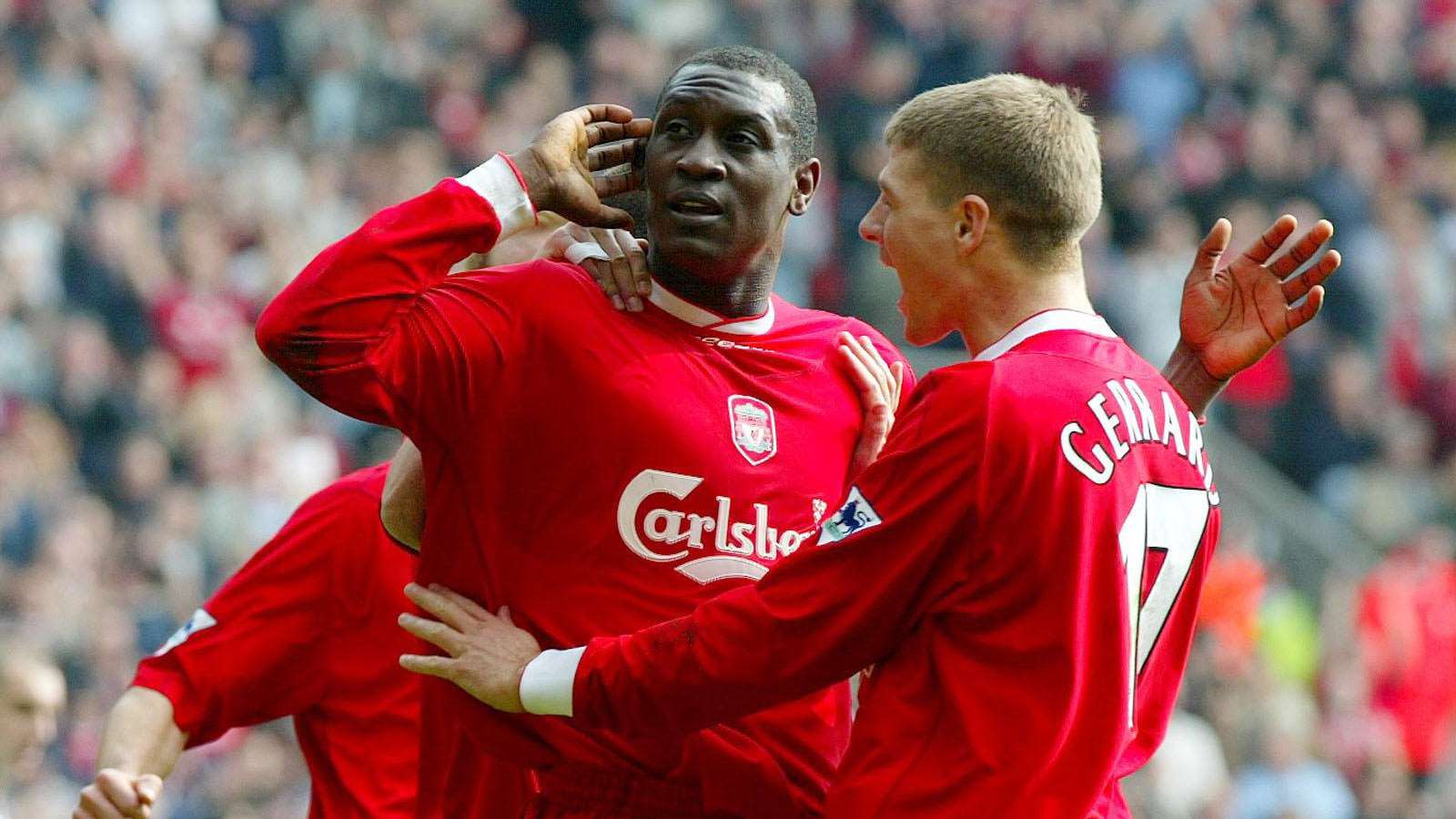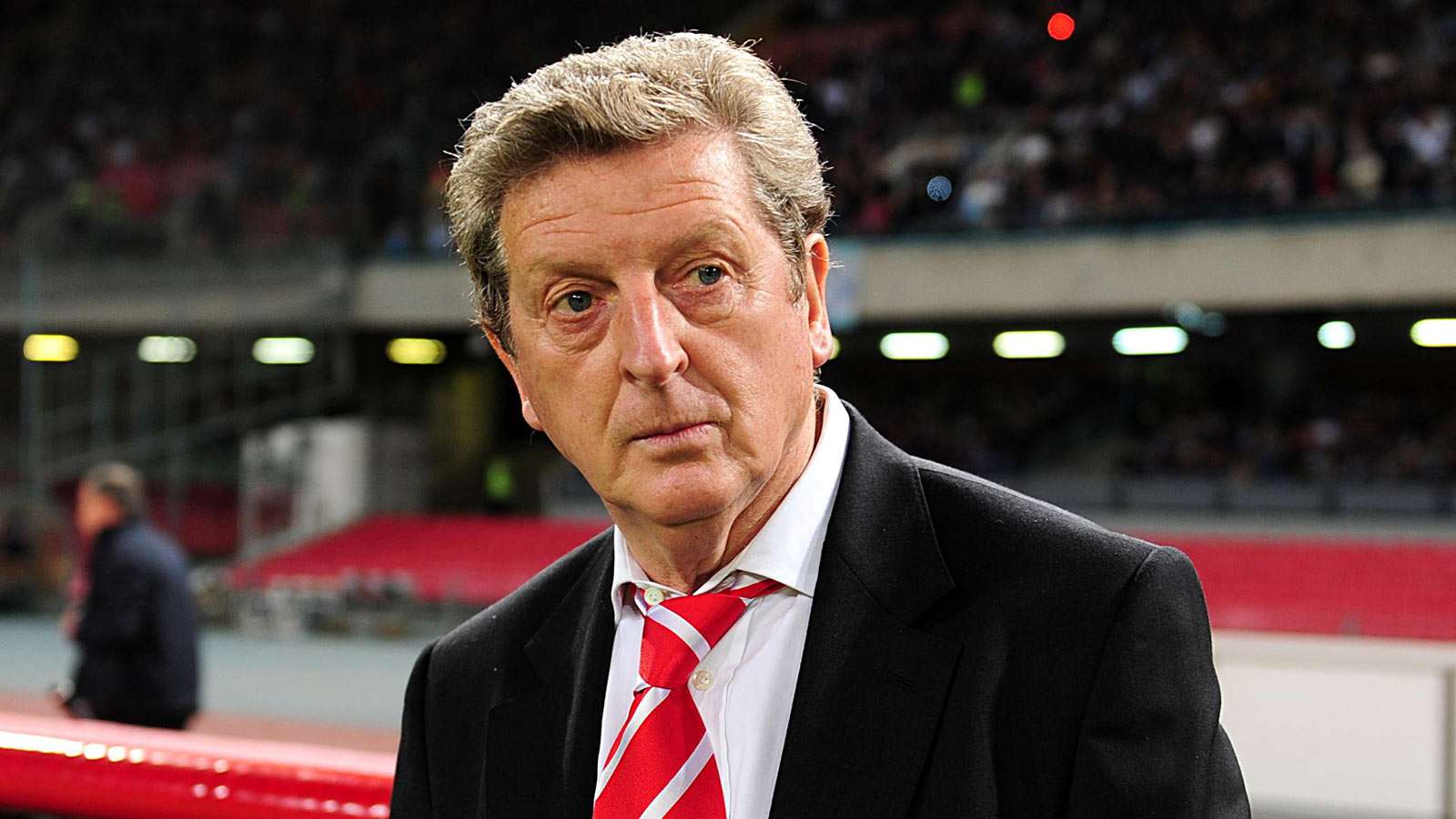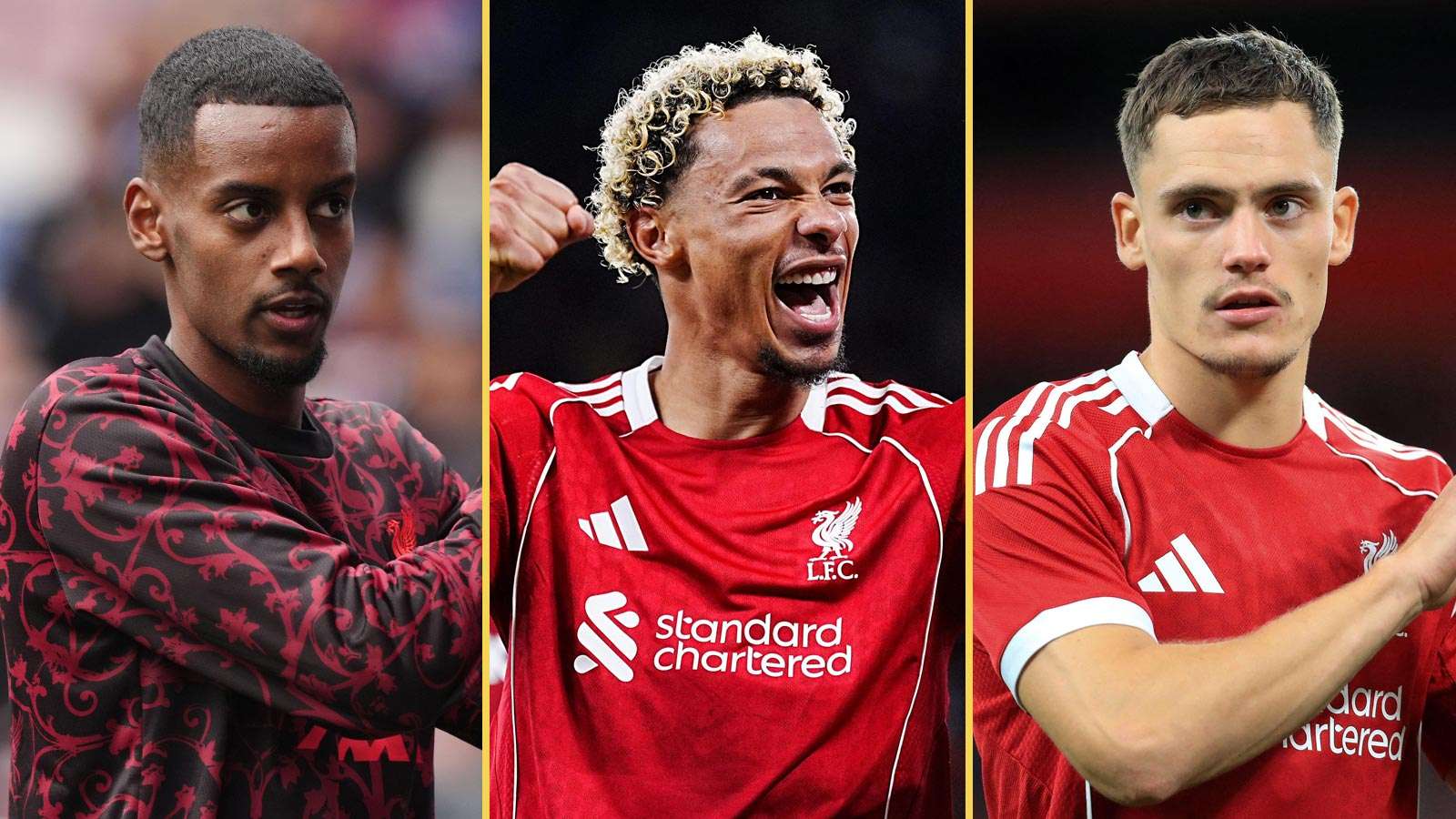Liverpool have lodged a formal complaint with PGMOL over Virgil van Dijk’s disallowed equaliser at Manchester City.
The reigning Premier League champions have escalated their dissatisfaction with Sunday’s officiating at the Etihad by filing a detailed complaint with Professional Game Match Officials Limited
They’re challenging both the process and rationale that led to Virgil van Dijk’s disallowed equaliser. The club’s correspondence, delivered to PGMOL chief Howard Webb on Monday morning, lays out a firm contention: the decision was not merely a matter of subjective interpretation but a misapplication of the laws of the game.
The Premier League match centre later published a short explanation endorsing the decision, stating Robertson’s positioning and proximity to Donnarumma constituted interference.
Liverpool dispute both the interpretation and the confidence implied by the league’s statement. Their submission to Webb emphasised that the law is not ambiguous and that its wording should guide decision-making above subjective judgment.
According to The Athletic Anfield officials, after an exhaustive review of match footage, believe the evidence overwhelmingly supports their view that Andy Robertson judged to be in an offside position did not commit any of the actions that would constitute “interfering with an opponent” under Law 11.
Their assessment is that the Liverpool left-back neither obstructed Gianluigi Donnarumma’s line of vision nor impeded the goalkeeper’s movement, nor made any attempt to play or challenge for the ball. Robertson’s instinctive duck away from the flight of Mohamed Salah’s corner, they argue, demonstrates an active effort to remove himself from the phase of play entirely.
Van Dijk’s header, which came in the 43rd minute, represented Liverpool’s immediate response to Erling Haaland’s opener.
The captain’s celebration was cut short by an unusually delayed assistant’s flag and then a prolonged VAR check, led by Michael Oliver, which eventually concluded Robertson’s position amounted to offside interference.
Chris Kavanagh, the on-field referee, was advised to award an offside offence without being sent to monitor for an on-field review.
Liverpool’s correspondence questions that process point directly. Their expectation rooted in recent PGMOL guidance is that where subjectivity is involved, the on-field referee should be encouraged to view the incident himself. Kavanagh was not afforded that opportunity.
Internally, Liverpool regard that as a failure of protocol, particularly given Oliver’s interpretation hinged on whether Robertson impacted Donnarumma’s ability to play the ball. In Liverpool’s view, that is precisely the kind of moment that benefits from the referee’s direct involvement.
Law 11, which club analysts have studied frame-by-frame in relation to the incident, sets out a clear set of criteria governing offside involvement: touching the ball; blocking an opponent’s view; challenging an opponent; clearly attempting to play a ball close by when that action affects an opponent; or making a clear action that impacts an opponent’s ability to play the ball.
Liverpool are adamant Robertson did none of these. The argument they presented to Webb stresses not just a disagreement with the decision but a belief that the objective criteria simply do not support the ruling.
Liverpool’s frustration is compounded by the broader context of recent high-profile officiating controversies involving the club. The memory of Luis Díaz’s disallowed goal at Tottenham in September 2023 where VAR mistakenly identified a legitimate goal but miscommunicated the decision remains fresh.
While Sunday’s situation is different in nature, the club draws a parallel in that both incidents stem from what they view as fundamental breakdowns in applying the laws accurately under VAR oversight.
Slot’s side ultimately lost 3-0, with second-half goals from Nico Gonzalez and an inspired Jeremy Doku securing victory for Manchester City. But within Liverpool’s hierarchy, the Van Dijk incident is viewed as a watershed moment in the match one that, if handled differently, could have reshaped the first half and the rhythm of the contest.
Liverpool now await a formal response from PGMOL. Their expectation is not merely clarification, but transparency on the criteria used, the internal communication that guided the final decision, and how the incident fits within the wider framework PGMOL uses to assess VAR involvement.
The club’s position is unequivocal: the goal should have stood, and the process that disallowed it did not meet the standards officials themselves claim to uphold.
